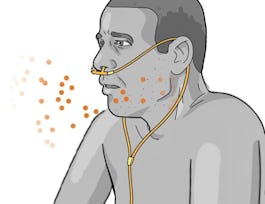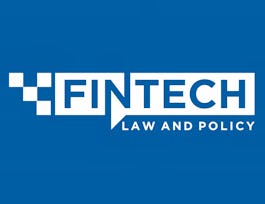Before the advent of quantum mechanics in the early 20th century, most scientists believed that it should be possible to predict the behavior of any object in the universe simply by understanding the behavior of its constituent parts. For instance, if one could write down the equations of motion for every atom in a system, it should be possible to solve those equations (with the aid of a sufficiently large computing device) and make accurate predictions about that system’s future.



Emergent Phenomena in Science and Everyday Life



Instructors: Michael Dennin
14,452 already enrolled
Included with 
(145 reviews)
Details to know

Add to your LinkedIn profile
5 assignments
See how employees at top companies are mastering in-demand skills


Earn a career certificate
Add this credential to your LinkedIn profile, resume, or CV
Share it on social media and in your performance review

There are 6 modules in this course
In this module we'll introduce the concept of emergence and provide an orientation to how this course will proceed.
What's included
3 videos3 readings
Can a substance be both a solid and a liquid? In this module we’ll take a close look at our first emergent phenomena, complex fluids.
What's included
4 videos2 readings1 assignment1 peer review
Are seemingly random events truly random? In this module, we'll examine ways that deterministic processes can produce the appearance of randomness.
What's included
7 videos2 readings1 assignment1 peer review
Have you ever wondered why tigers have spots and leopards have spots? This module helps to explain how these and other patterns form in nature.
What's included
8 videos2 readings1 assignment1 peer review
How can we study quantum events from both a reductionist and emergent perspective? This module takes a look at the atomic and quantum level of some everyday phenomena.
What's included
6 videos2 readings1 assignment
One of the most awe inspiring emergent phenomena is how consciousness emerges from complex collections of atoms and molecules. In this module, we’ll take a look at how the various regions of our brain coordinate and interact to produce consciousness.
What's included
3 videos2 readings1 assignment1 peer review
Instructors



Offered by
Recommended if you're interested in Physics and Astronomy

Stanford University

Duke University

The Hong Kong University of Science and Technology

University of Colorado Boulder
Why people choose Coursera for their career




Learner reviews
Showing 3 of 145
145 reviews
- 5 stars
62.06%
- 4 stars
20%
- 3 stars
9.65%
- 2 stars
5.51%
- 1 star
2.75%

Open new doors with Coursera Plus
Unlimited access to 7,000+ world-class courses, hands-on projects, and job-ready certificate programs - all included in your subscription
Advance your career with an online degree
Earn a degree from world-class universities - 100% online
Join over 3,400 global companies that choose Coursera for Business
Upskill your employees to excel in the digital economy
Frequently asked questions
Access to lectures and assignments depends on your type of enrollment. If you take a course in audit mode, you will be able to see most course materials for free. To access graded assignments and to earn a Certificate, you will need to purchase the Certificate experience, during or after your audit. If you don't see the audit option:
The course may not offer an audit option. You can try a Free Trial instead, or apply for Financial Aid.
The course may offer 'Full Course, No Certificate' instead. This option lets you see all course materials, submit required assessments, and get a final grade. This also means that you will not be able to purchase a Certificate experience.
When you purchase a Certificate you get access to all course materials, including graded assignments. Upon completing the course, your electronic Certificate will be added to your Accomplishments page - from there, you can print your Certificate or add it to your LinkedIn profile. If you only want to read and view the course content, you can audit the course for free.
You will be eligible for a full refund until two weeks after your payment date, or (for courses that have just launched) until two weeks after the first session of the course begins, whichever is later. You cannot receive a refund once you’ve earned a Course Certificate, even if you complete the course within the two-week refund period. See our full refund policy.




